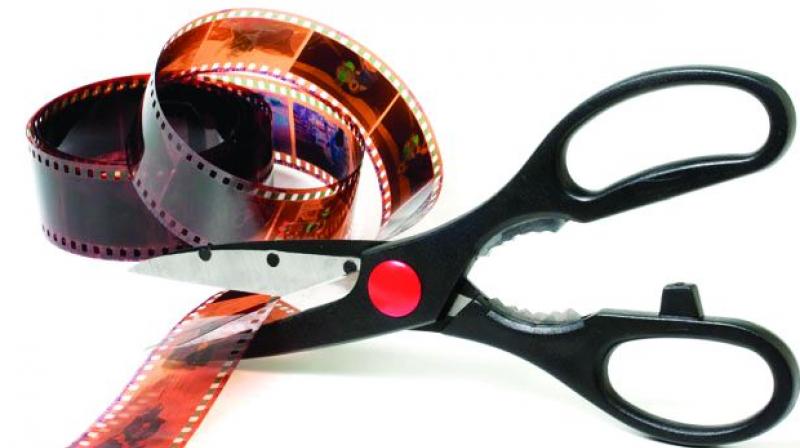Women's artistic rights swept under the carpet

Hyderabad: India tops the list of censorship amongst all countries, states a report by an international organisation advocating artistic freedom. Freemuse, the organisation released the State of Artistic Freedom report in 2018 that placed India in the fourth place among the top six countries that denied women’s rights to artistic freedom, after Iran, Israel, and Egypt.
The report mentions the Bollywood film Padmaavat that was a hotbed of controversy during the time of its release. It reads, “There were several nationwide protests including an attack in January in which filmmaker Sanjay Leela Bhansali was slapped and his film set vandalised by members of the Karni Sena, a Rajput caste group. In October, the CBFC refused to approve the film Sexy Durga until the filmmaker agreed to drop the word “sexy” from the title and mute 21 curse words.”
The report also spoke about Lipstick Under My Burkha which was banned in January by the CBFC for being “lady oriented” and containing sexual scenes and innuendos.
Shamil Said, a film club member says, “Our film club usually picks such controversial movies and we don’t find anything problematic. Art is meant for the eyes, ears and heart. When you tune your mind to think that something is wrong with the movie, you can never enjoy it. Scenes should not be cut on the whims and fancies of some people. It is an artist’s expression and a lot of work goes behind every character portrayed.”
The city was also stated in the report, as a six-member youth group had filed a case against a popular Malayalam song stating that it hurt religious sentiments. The song Manikya Malaraya Poovi from Oru Adaar Love had become a viral sensation. However, an FIR was lodged stating that the lyrics of the song was blasphemous.
Lakshmi Manoj, a graffiti artist says, “It is sad that we are under a radar when we want to freely express ourselves. Everything seems to hurt cultural, religious or political sentiments. You cannot even pun about a political leader now without being willing to face consequences that can even be legal action. Writing about a woman’s personal troubles are considered taboo. We should really think beyond these “notions” when we talk about art.”
The report claims that musicians, artists, movie or theatre actors, dancers, lyricists and others live under constant threat of persecution.

